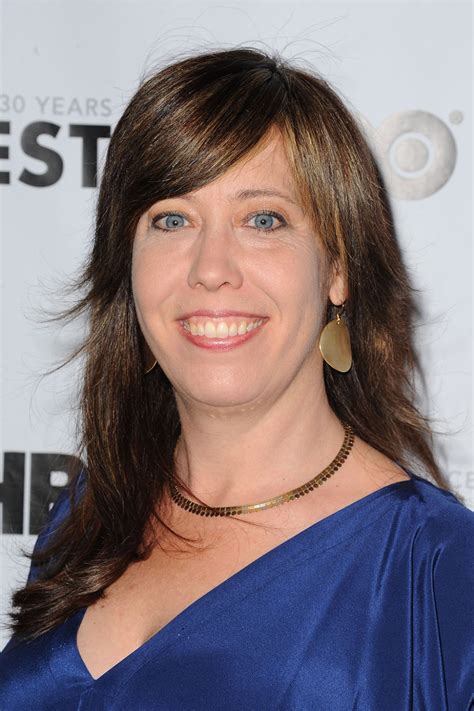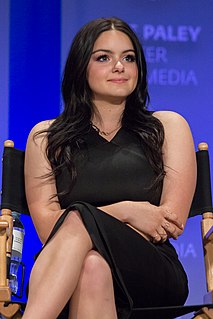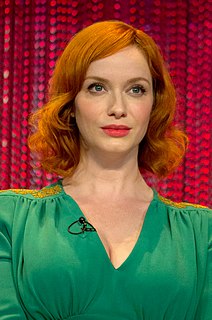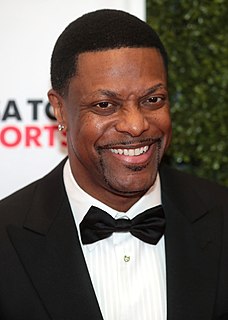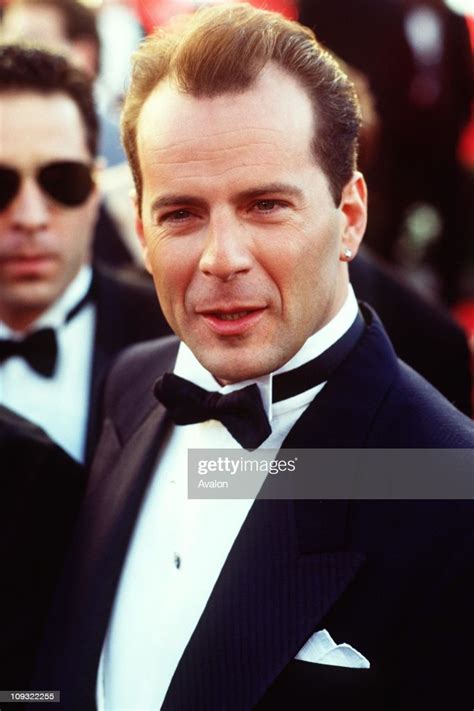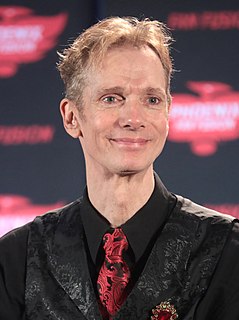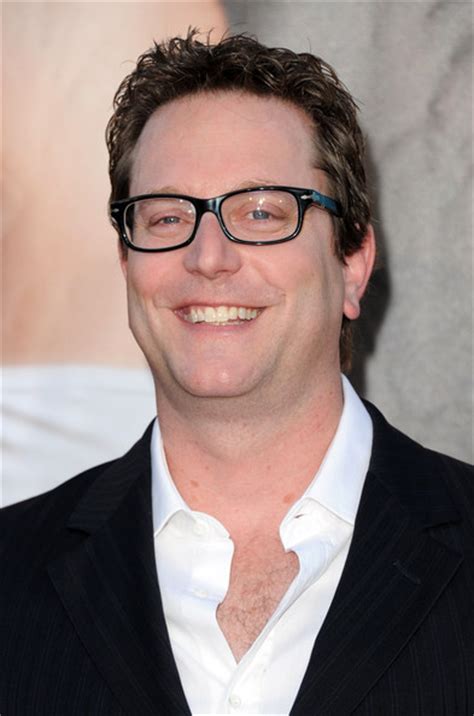A Quote by Ricky Gervais
Funny bones, to me, are more important than funny lines. If a comedian is just not likable and doing the lines, you could read them yourself. Whereas if someone [you like] shambles out, and they tell you what a bad day they've had, they don't have to say anything. I love them. I want to hug them because they've been through something. And it comes back to empathy, always empathy.
Related Quotes
[In comedy] you never want to leave the actors hanging out to dry. So you need to come up with funny individual stories for each character, and then you do this sort of comedy geometry, weaving them together. Once you've got a funny structure and you know why the scenes are funny, then you get super funny people to say your own lines, say their own lines, say things in their own way, and every scene is a live rewrite in front of the camera.
For the most part, people use "empathy" to mean everything good. For instance, many medical schools have courses in empathy. But if you look at what they mean, they just want medical students to be nicer to their patients, to listen to them, to respect them, to understand them. What's not to like? If they were really teaching empathy, then I'd say there is a world of problems there.
I would hope that people didn't think I was anything like Joan! It's very hard for me because Joan says such cruel things all the time. It sort of makes me cringe every time I read them because I think, 'Who could be so horrible?' To be able to deliver those lines and do them with a coolness, yet still make her likable, is a bit of a challenge.
Now, I want to explain something to you guys. I don't have an ending joke, because I don't tell jokes. I tell real-life stories and make them funny. So, I'm not like the average comedian. They have an ending joke; they always holler Peace! I'm out of here, and walk off stage. So, basically, when I get through performing on stage, I just walk off.
As soon as I start to write I'm very aware, I'm trying to be aware that a reader just might well pick up this poem, a stranger. So when I'm writing - and I think that this is important for all writers - I'm trying to be a writer and a reader back and forth. I write two lines or three lines. I will immediately stop and turn into a reader instead of a writer, and I'll read those lines as if I had never seen them before and as if I had never written them.
Making fiction for children, making books for children, isn't something you do for money. It's something you do because what children read and learn and see and take in changes them and forms them, and they make the future. They make the world we're going to wind up in, the world that will be here when we're gone. Which sounds preachy (and is more than you need for a quotebyte) but it's true. I want to tell kids important things, and I want them to love stories and love reading and love finding things out. I want them to be brave and wise. So I write for them.
I came upon whatever I'm doing organically. I didn't study anything. I don't have any real aspirations other than to connect with somebody, and to have the conversation be genuine. That's the best that can happen. Even if it only happens for 10 minutes in an episode. But I think what people forget is that you don't have to try to get a comedian to be funny. Comedians are innately funny. That the real challenge of talking to them is to get them talking about real things and then see where they need to be funny. And let them do that on their own volition.
There's two types of hecklers. If someone says something really funny it's normally them heckling as part of the show. They're trying to add onto one of your jokes. If someone says something really funny, I've never seen a comedian abuse them, you always sort of tip your hat a little bit if they nail it.
Sometimes just being an immigrant, I read things the wrong way, and that can be funny. Or I'll put the emphasis on the wrong word, and that can be funny. I have an affinity for comedy because I like to watch them. It's an honor to make comedies because I love being able to pop something into the DVD player and laugh. I love doing it.
People who do not have funny in them are not funny when they read funny lines. Sorry. Just doesn't work that way. Seriously, this is the biggest rule of all. You live and die with your casting decisions. Your actors are the heart and soul of the whole thing. Without brilliant actors, you will not have a brilliant film.

